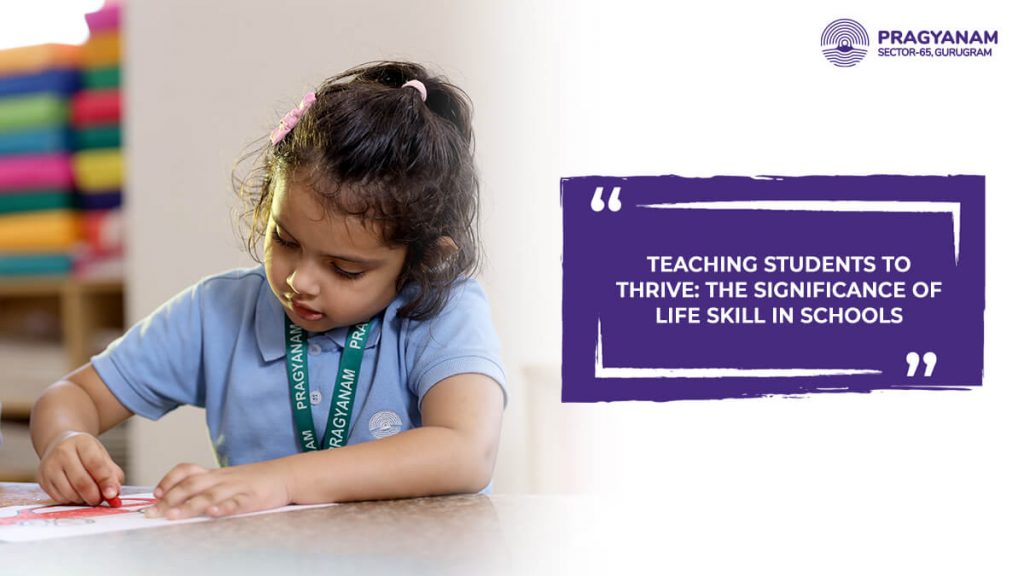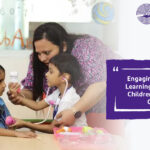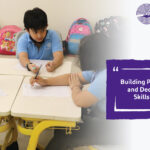“Prepare the child for the road, not the road for the child.”
Ask any parent, and they will likely agree with the above maxim. It stands to reason that if a child is prepared for the road ahead, they can navigate their way, regardless of the hurdles. On the other hand, if parents and caregivers focus on preparing the road for the child, they will only get so far. Consider how many roads you can prepare, knowing the world will be the child’s oyster. It is a fruitless exercise from the get-go.
The most important aspect of preparing the child for the road is instilling critical life skills. After all, success in life isn’t solely dependent on academic achievements. Instead, it requires thinking critically and creatively, managing emotions, showing empathy towards others, effectively coping with stress, and much more to thrive in a VUCA (Volatile, Uncertain, Complex, Ambiguous) world. 21st-century skills go far beyond rote learning and excelling academically alone. It’s a life-skill-based curriculum in schools that can go a long way in helping children thrive.
When we speak of 21st-century skills, we refer to three broad skill sets, namely:
Learning Skills: As the name suggests, this skill pertains to acquiring knowledge.
Literacy Skills: These skills, once again, contribute to gaining knowledge and are acquired through reading, media, or digital resources.
Life Skills: These are critical everyday skills that help individuals navigate life.
The World Health Organization recognizes 10 important life skills that significantly contribute to ensuring true success and happiness. These are:
- Self-awareness
- Empathy
- Critical thinking
- Creative thinking
- Decision-making
- Problem-solving
- Effective communication
- Interpersonal relationships
- Coping with stress
- Coping with emotions
Incorporating these skills into the school curriculum can significantly contribute to a student’s success in later life. When a child is self-aware, they can make informed decisions. Additionally, these skills assist students in building supportive social relationships, improving self-regulation, enhancing problem-solving abilities, dealing with the inevitable stresses of life, and much more. Proficient decision-making and problem-solving skills enable them to make the most of various situations, while self-regulation skills help them manage their emotions effectively.
Table of Contents
Benefits of life skills for students
It stands to reason that these skills need to be incorporated early in life in age-appropriate ways. School education, therefore, needs to encompass more than just factual learning. When the school curriculum integrates these life skills, students can effectively handle the various situation’s life throws at them. Equipped with these skills, students not only navigate through life’s uncertainties but also thrive with self-confidence. Their ability to make informed decisions, take responsibility for their actions, analyze options, work well in teams, and, most importantly, exhibit the necessary agility and adaptability in different situations enables them to lead a fulfilling life with a strong social conscience.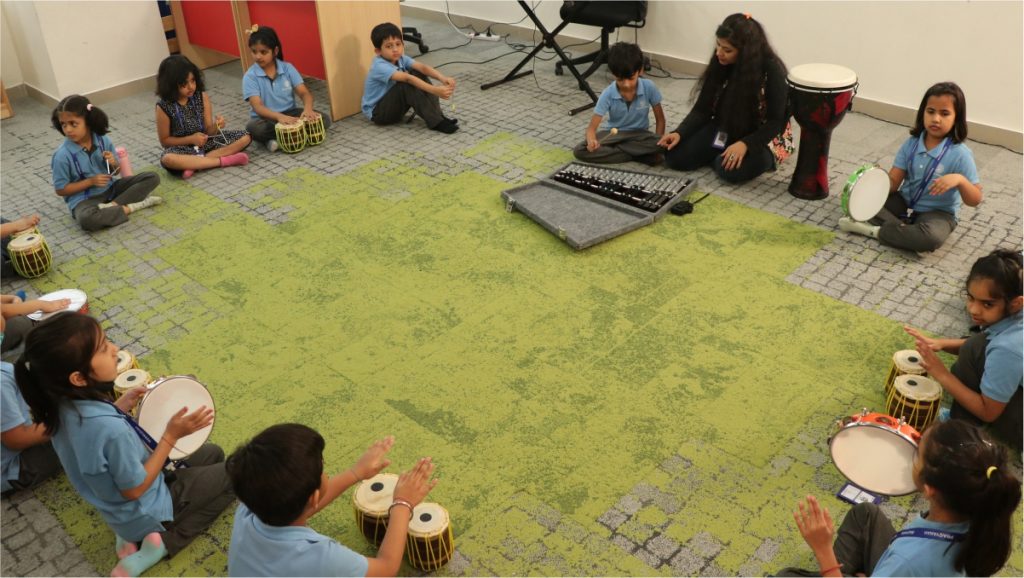
Benefits for society
The importance of teaching students this essential significance of life skills doesn’t only benefit students but also bodes well for society. First and foremost, it helps build an empathetic society where different viewpoints are valued. It fosters teamwork without unnecessary competitiveness.
Significantly, since it helps people regulate their emotions and provides an effective channel, it creates a more tolerant and less resentful society.
Life Skill-Based Curriculum-how is it executed?
The significance of a curriculum based on life skills is widely acknowledged. It’s crucial to grasp how this curriculum is implemented within schools and identify its essential characteristics.
Interactive & participatory learning
It’s self-evident that imparting life skills must be a participatory process. This is achieved by creating an inquiry-based environment where children’s curiosity is ignited, enabling them to ask the right questions and seek alternative solutions when faced with an issue.
This approach contrasts with traditional lecture-based teaching, where students often memorize facts delivered to them by rote.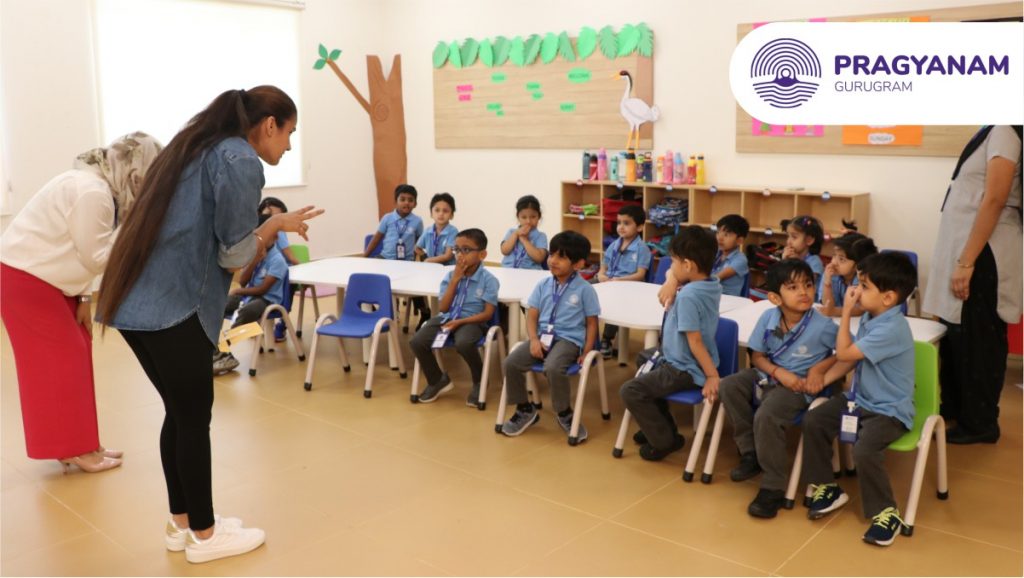
Collaborative process
Ample opportunities are provided to ensure that students collaborate, promoting a cooperative learning environment. This, in turn, benefits individuals as they learn to live and work alongside a wide variety of people, helping society through the principles of cooperation.
Critical thinking and creativity
One key aspect that a life skills-based curriculum emphasizes is helping students develop critical thinking and creativity. Through real-life projects, connecting various ideas, brainstorming, and more, ample opportunities are provided for critical thinking and generating diverse solutions. Children are also encouraged to propose solutions, provide feedback on ideas, contribute to their improvement, and more.
If all of this leaves you wondering how the prescribed academic syllabus is covered, it’s important to understand that the significance of life skills is imparted while using the courseware. A life skills-based curriculum does not neglect academic skills or compromise the academic syllabus.
In fact, at Pragyanam, a leading CBSE school in Gurgaon, we utilize courseware and guiding texts in combination with a wide range of co-scholastic activities such as dance, theater, and more. Additionally, there are regular showcases that enable students to demonstrate their learning.
Throughout this process, teachers serve as essential support, fostering curiosity at all levels and nurturing lifelong learners.
Here’s to raising a generation of self-aware and socially conscious students!

